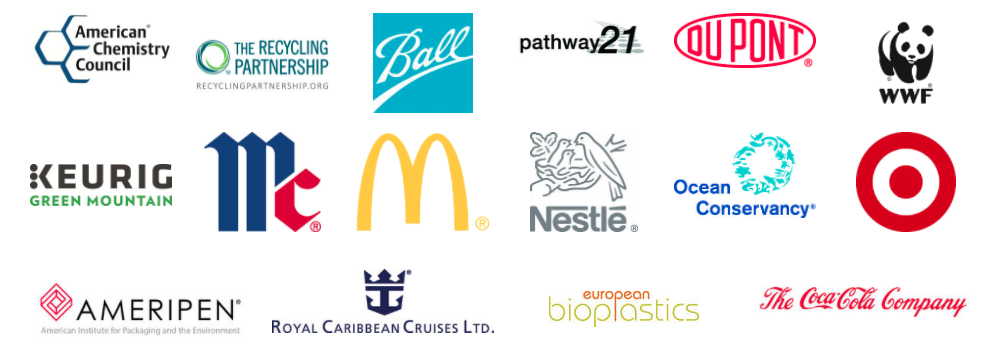As we face increasing resource scarcity, we also throw away valuable resources each day in the form of waste. Such waste does not only impact ecosystems, it also signals a lost opportunity to draw more from available resources. In many cases, these waste materials could be reused to limit the stress on natural resources.
Secondary materials – those that have already been used at least once in some form – could fundamentally change the way we manage our waste and materials usage. But there are still many systemic barriers that make the acquisition and use of more secondary materials difficult.
The World Wildlife Fund (WWF) saw the potential in this area and created the Cascading Material Vision in partnership with the world’s leading brands, policy-maker, materials, management solution providers and environmental non-profits. Next to European Bioplastics (EUBP), the signatories also include the likes of DuPont, Coca Cola, Nestle, Ball, Ocean Conservancy, The Recycling Partnership, and many more.

Cascading Material Vision Signatories
The Cascading Materials Vision is a common framework of guiding principles for industry and other stakeholders that will help businesses source secondary materials that protect their profits, the environment and future wealth of our natural resources.
The Cascading Materials Vision is used to educate policy-makers about systemic challenges facing secondary materials creation and use and to serve as a basis for dialogue aimed at achieving practical policies to address these challenges. The Cascading Materials Vision also serves as a foundation for promoting legislation that supports materials management programs that are socially, environmentally and economically sustainable.
Find more information on the WWF website.